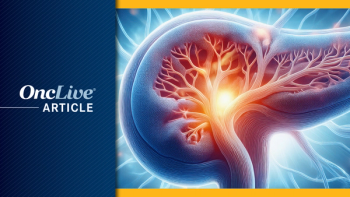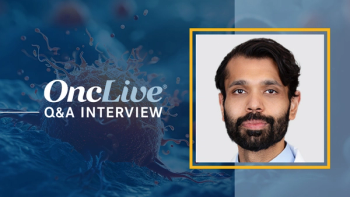
Challenges in the Diagnosis of Neuroendocrine Tumors
For High-Definition, Click
When referred to academic centers, many patients who have been diagnosed with a neuroendocrine tumor (NET) have received a broad assortment of tests and assays. In general, Rodney F. Pommier, MD notes, the first task when seeing these patients is to narrow down the information based on clinical parameters.
To determine diagnosis patterns, Pommier analyzed 150 patients with abdominal carcinoids. Out of these patients, only 3.5% of patients were referred 3 months following their initial presentation. The remaining 96.5% of patients received a diagnosis on average 6.5 years after presentation and even up to 20 years in some cases. In general, these patients receive 35 different initial diagnoses.
This delay, Pommier feels, may be related to the fact that community physicians are not initially thinking about carcinoids as a potential diagnosis. This is due to a combination of the natural characteristics of the disease and a lack of general awareness.



































